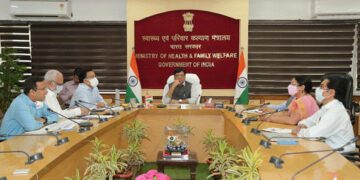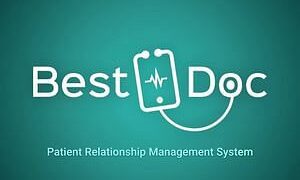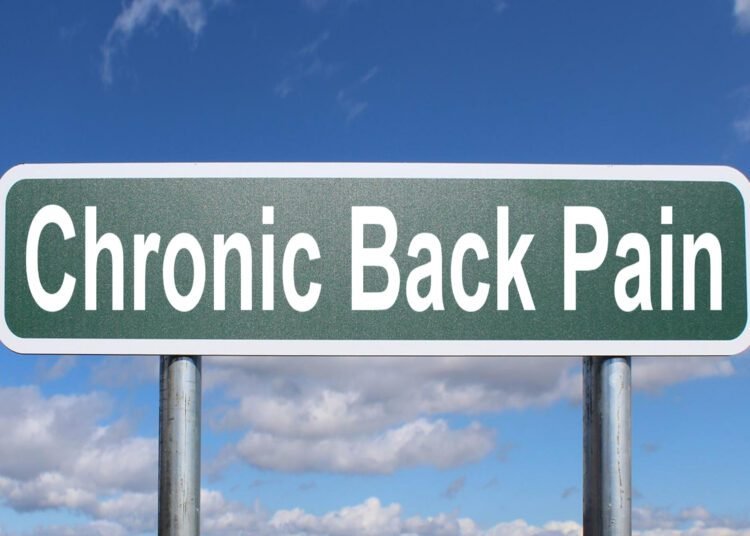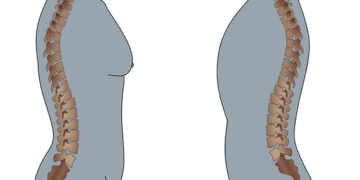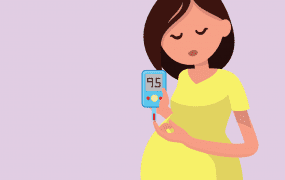By Sapna Vaid
There are several reasons that you may experience through chest and upper back pain that occur together. Causes can be related to the heart, digestive tract, and other parts of the body.
When you think about the warning signs of a heart attack, your mind probably goes to some of the most common issues i.e. shortness of breath, chest pain, and nausea. Back pain related to a heart attack tends to occur suddenly and without physical exertion, such as when you’re sleeping.
The connection between back pain and heart attack
When the blood flow in a coronary artery is blocked, it causes an immense amount of pressure. In many people, this causes a sensation of pressure, cramping, or squeezing in the chest.
The pain can also radiate to the back; that’s why many people feel both chest and back pain before a heart attack. Sometimes, the pain is only present in the upper back. It’s also possible to feel pain in your neck, jaws, shoulders, or abdomen.
Women are more likely than men to experience heart attack pain involving the back or jaw. It’s also important to note that some people having a heart attack may experience very few symptoms or none at all.
Additionally, severe back pain can manifest in aortic dissection, a life-threatening condition caused by internal tearing of the aorta, a vessel that carries clean blood into the body.
The link between back pain and Spinal problems
In some cases, a pinched nerve in the upper part of the spine may cause pain to radiate to the area of the chest and possibly to the extremities.
A pinched nerve in your upper back can cause pain, tingling, or numbness at the site of the injury and elsewhere in your upper body. Other symptoms of a pinched nerve in your upper back include muscle weakness in your back and shoulders or any muscle that is animated by the affected nerve.
In addition to pain, other symptoms you may experience include muscle spasms and stiffness in the affected area of the spine, which may restrict movement.
Your back muscles may not cooperate when you try to bend over or lean back. You could feel stiff when trying to move. Even sitting for a long time may be difficult with a pinched nerve in your upper back.
Back pain related to Lungs condition
Pleurisy, a health issue related to lungs, happens when the membranes that line your lungs and your chest cavity become inflamed. Normally, these membranes move smoothly past each other. When they’re inflamed, they can rub against each other, which leads to pain.
The pain of pleurisy gets worse as you breathe in deeply or cough. It can also spread to your shoulders and back.
Back pain from lung cancer can happen when a tumor in the lungs begins to put pressure on the spine. Pain from lung cancer may feel worse when you breathe deeply, laugh, or cough.
Back pain and Musculoskeletal pain
Musculoskeletal pain refers to pain in the muscles, bones, ligaments, tendons, and nerves. You can feel this pain in just one area of the body, such as your back.
Sometimes muscular problems may cause pain in the chest and upper back. Repetitive use or overuse of multiple muscle groups, for example through activities such as rowing, can lead to aching pain in the chest, back, or chest wall.
Bone pain may be dull, sharp, stabbing, or deep. It’s typically more uncomfortable than muscle or tendon pain.
Muscle pain can be intense and short-lived if it’s caused by a cramp or powerful muscle contraction, commonly called a charley horse. The muscle may twitch or contract uncomfortably.
Follow Health In Five on LinkedIn, Facebook, Twitter & Instagram
Subscribe on WhatsApp & Telegram to receive real time updates





